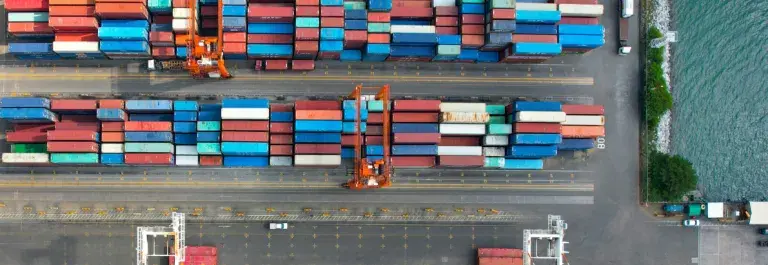Trade and sustainability
Trade policy is increasingly referencing and utilising voluntary sustainability standards (VSS) to achieve sustainability outcomes, now positioned as critical trade goals.
With emerging questions on which VSS are worthy of trust to deliver on sustainability goals, ISEAL encourages the uptake and use of ISEAL’s credibility tools in trade policy design and implementation. Our thematic work is focused on existing free trade agreements, those still under negotiation, as well as World Trade Organization (WTO) agreements and discussions. ISEAL notes the role of credible VSS in trade policy design and leverage their use in the implementation of existing policies. To this end, ISEAL is developing a strategy and related resources to support awareness-raising and relationship-building between policymakers and VSS practitioners, with the aim of further integrating existing market-based tools within trade policy. ISEAL shares briefing papers on the relationship between credible VSS and trade, webinars, and public engagement opportunities.
The increasing number of VSS references in FTAs over recent years has taken place within a broader trend to better address environmental and social concerns in trade policy. By referencing VSSs in FTAs, governments are recognizing the role that VSSs can play in bolstering more sustainable trade practices.
ISEAL has collaborated with the International Institute for Sustainable Development (IISD) to conduct research and organise convening spaces around increasing awareness and understanding of the use of VSS in trade policy. ISEAL is currently focused on expanding awareness about the current use of VSS in trade policy and building engagement with trade policymakers at the WTO and in-capital willing to gain insights on integrating VSS in trade policy, and which to integrate.
In 2024, ISEAL and the China Council for the Promotion of International Trade—Commercial Sub-Council (CCCPIT-CSC) signed an agreement to enhance trade development and voluntary sustainability standards cooperation in China. This cooperation includes the translation and promotion of the Chinese version of the ISEAL Code of Good Practice for Sustainability Systems. The Chinese version of the ISEAL Code will serve as a public good and reference to enhance the development and use of sustainability standards. ISEAL will contribute expert resources to CCPIT-CSC’s goal of using, developing and promoting voluntary sustainability standards in trade. This includes providing training materials and expertise to guide Chinese sustainability standards users and developers. ISEAL will also contribute to CCPIT-CSC’s research on sustainability standards.
Read about the ISEAL-CCCPIT-CSC cooperation agreement.
